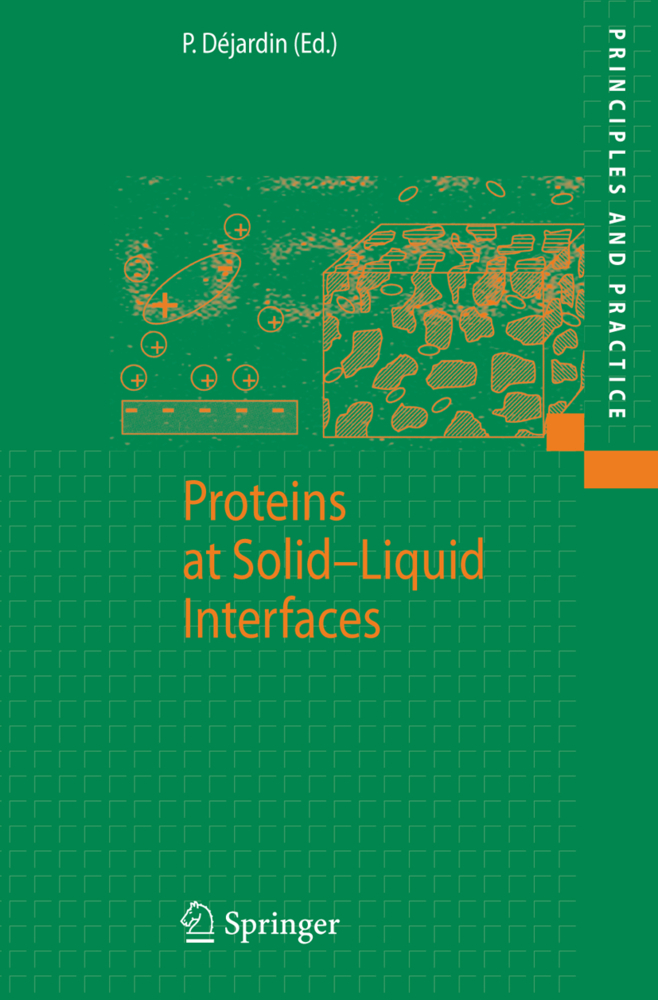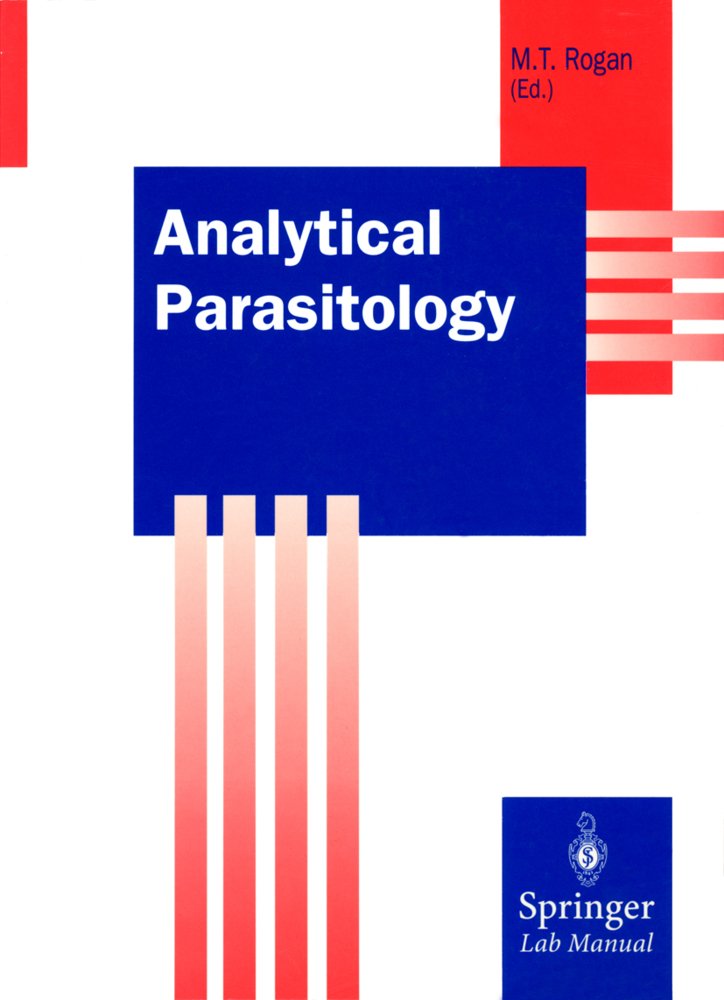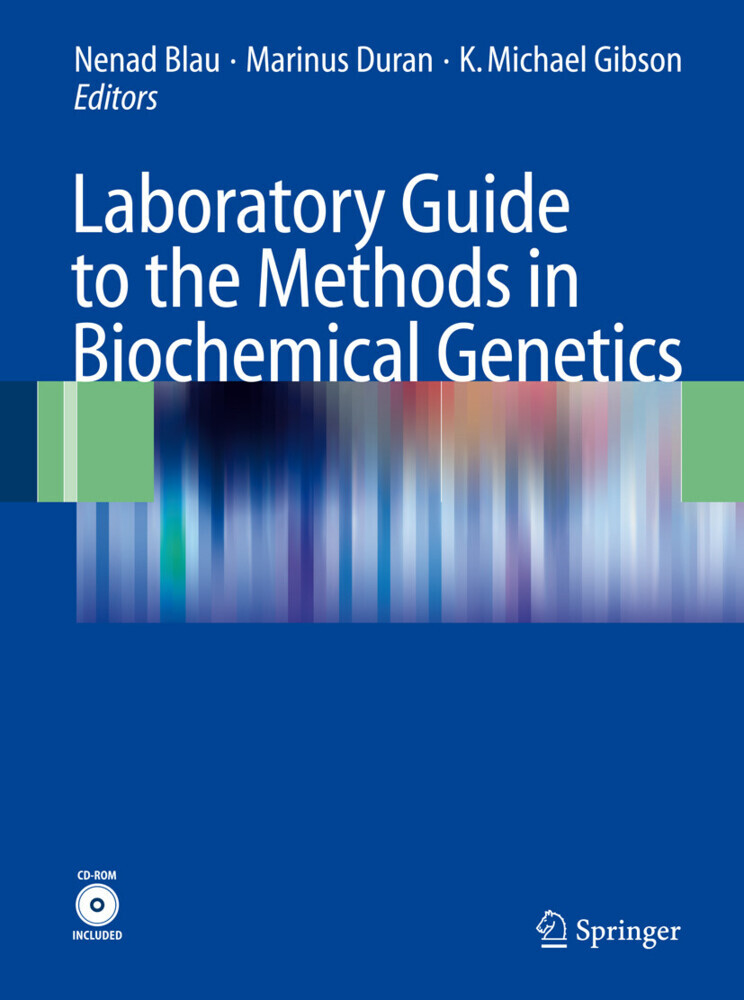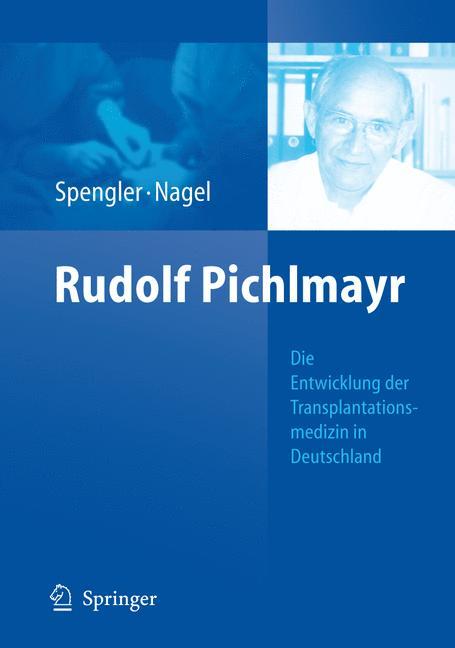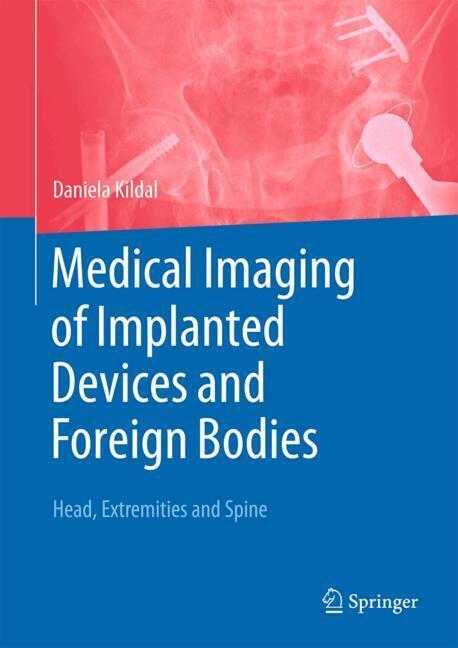The adsorption of proteins at interfaces plays a role in many ?elds, such as health, food, environment and analysis. Fundamental aspects are useful when considering applications. We focus here especially on solid liquid interfaces and present a few fundamental studies regarding adsorption - netics and conformational changes, and examples of applications to sensors and membranes. The ?rst part is dedicated to fundamental studies performed using - tical waveguide lightmode spectroscopy, as an example of a technique that has the advantage of not requiring labelled proteins, but is limited to s- ci?c supports. Conversely, the radiolabelling of proteins, which has the disadvantage of any labelling process, allows application to any kind of s- faces. As proteins bear both positive and negative charges, we can expect thein?uenceofanelectric?eldnormaltothe interfaceonthe pack- ing order at interfaces. The re?ning of data treatment may also lead to the determination of useful structural parameters. The balance between protein surface and protein protein interactions is a key point for the - scription of the structure at high coverage of the surface. Electrokinetic methods, like measurement of the streaming potential, may be helpful in the electrical characterisation of the interfacial layer facing the solution. The second part includes different bench techniques that were dev- oped to improve the sensitivity of the characterisation of the orientation and structure of the proteins at interfaces: dual polarisation interferometry and total internal re?ection ellipsometry are such recent examples.
From Kinetics to Structure: High Resolution Molecular Microscopy
Initial Adsorption Kinetics in a Rectangular Thin Channel, and Coverage-Dependent Structural Transition Observed by Streaming Potential
Analysis of the Structure at the Interface
Dual Polarisation Interferometry: An Optical Technique to Measure the Orientation and Structure of Proteins at the Solid-Liquid Interface in Real Time
Total Internal Reflection Ellipsometry: Monitoring of Proteins on Thin Metal Films
Conformations of Proteins Adsorbed at Liquid-Solid Interfaces
Evaluation of Proteins on Bio-Devices
Some Applications
Fibronectin at Polymer Surfaces with Graduated Characteristics
Development of Chemical Microreactors by Enzyme Immobilization onto Textiles
Approaches to Protein Resistance on the Polyacrylonitrile-based Membrane Surface: an Overview
Modulation of the Adsorption and Activity of Protein/Enzyme on the Polypropylene Microporous Membrane Surface by Surface Modification
Nonbiofouling Surfaces Generated from Phosphorylcholine-Bearing Polymers.
Analysis of the Adsorption Kinetics
Protein Adsorption Kinetics: Influence of Substrate Electric PotentialFrom Kinetics to Structure: High Resolution Molecular Microscopy
Initial Adsorption Kinetics in a Rectangular Thin Channel, and Coverage-Dependent Structural Transition Observed by Streaming Potential
Analysis of the Structure at the Interface
Dual Polarisation Interferometry: An Optical Technique to Measure the Orientation and Structure of Proteins at the Solid-Liquid Interface in Real Time
Total Internal Reflection Ellipsometry: Monitoring of Proteins on Thin Metal Films
Conformations of Proteins Adsorbed at Liquid-Solid Interfaces
Evaluation of Proteins on Bio-Devices
Some Applications
Fibronectin at Polymer Surfaces with Graduated Characteristics
Development of Chemical Microreactors by Enzyme Immobilization onto Textiles
Approaches to Protein Resistance on the Polyacrylonitrile-based Membrane Surface: an Overview
Modulation of the Adsorption and Activity of Protein/Enzyme on the Polypropylene Microporous Membrane Surface by Surface Modification
Nonbiofouling Surfaces Generated from Phosphorylcholine-Bearing Polymers.
Déjardin, Philippe
| ISBN | 978-3-540-32657-1 |
|---|---|
| Artikelnummer | 9783540326571 |
| Medientyp | Buch |
| Copyrightjahr | 2006 |
| Verlag | Springer, Berlin |
| Umfang | XVI, 330 Seiten |
| Abbildungen | XVI, 330 p. 162 illus. |
| Sprache | Englisch |

